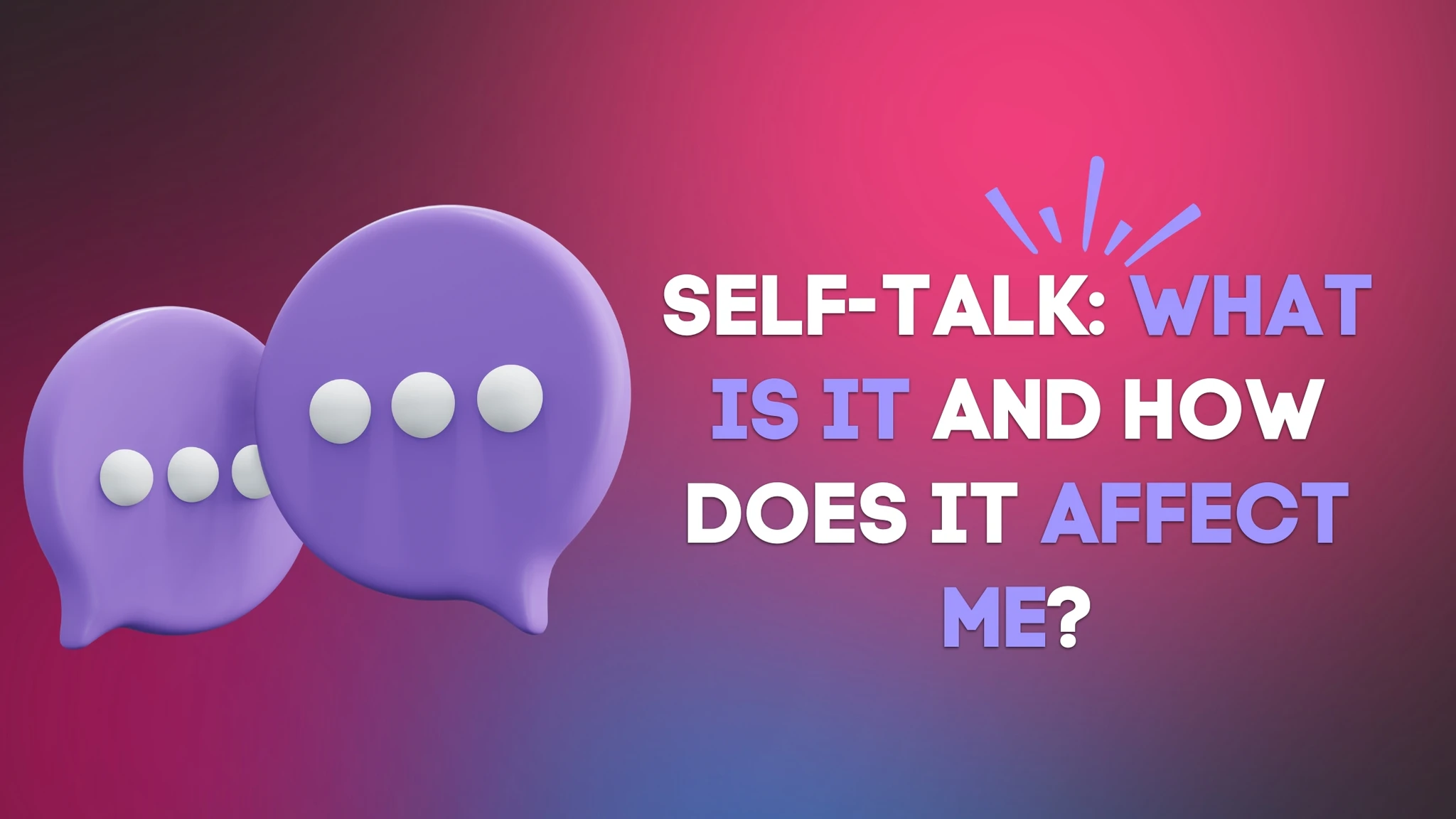Brandon Chang
September 18, 2023
Self-Talk
“I haven’t been working out, I should just stay in”
“I already broke my diet, who cares if I eat out?”
“I didn’t do my work anyways, why should I study”
The human mind is no stranger to negativity, in fact according to the National Science Foundation and Stanford University, up to 80% of thoughts can be negative. The negative thoughts mentioned above are just the tip of the iceberg, as they have the potential to impact our mood, confidence, and even seep into our daily habits, ultimately affecting our lives.
These thoughts are what we call 'self-talk.' Self-talk can either be positive or negative, but it's crucial to remember that it isn't a reflection of reality - not until you allow it to shape your beliefs and actions." Whether the self-talk is negative or positive, it isn’t true unless you let it define you.
Research has shown that individuals who engage in positive self-talk tend to experience lower levels of stress and anxiety, as demonstrated in a study published in the Journal of Personality and Social Psychology (Kross 2014).
My friend Jess wanted to have a ‘hot girl summer’ and party with her college classmates. She started on her journey in January, giving herself a solid six months to become the person she wanted to be. She had just bought a new swimsuit and wanted to lose some weight by the time summer hits.
How Self-Talk Affected Jess
The way Jess approached her journey made all the difference. If she had succumbed to negative self-talk and let that guide her path, every step would have felt like an uphill battle:
“I’ll never fit into that bikini”
“I hate the taste of vegetables”
“I’m too tired to go to the gym”
“I’ll never reach my goal in time”
With each passing month of this defeating self-dialogue, her already challenging journey would have grown ten times tougher. Any underlying belief she had in herself would have crumbled under the weight of those negative thoughts, leaving her convinced that she simply couldn't achieve her goals.
Let's move perspectives to the positive side of how self-talk affects Jess.
If Jess had embraced positive self-talk from the outset and maintained it throughout her journey, her experience would have been transformed:
“I’m going to look amazing in my new bikini”
“I eat healthy food that tastes great”
“I get stronger and more fit every time I go to the gym”
"I am getting closer to my goal each day!"
While her journey would still have its challenges, over time her mind would have been conditioned to believe these empowering thoughts. Jess might have discovered a passion for cooking, preparing healthier and tastier meals or a passion for sports. Jess's story teaches us the incredible power of self-belief and the profound impact it can have on our journey to becoming the best version of ourselves.
Negative vs Positive Self-Talk
Positive and Negative energy breeds more of the same, for example think of your thoughts and feelings like a magnet. Negative thoughts attract more negativity, leading to problems and bad habits. But when you adopt a positive mindset, it acts like a magnet for good thoughts, solutions, and healthier habits.
Picture positivity as the oil that keeps the gears of your life running smoothly. Just as a machine functions quietly and efficiently when well-lubricated, your life works better with positive thinking. Now, imagine what happens if you fill that machine with dirt or nothing at all. It becomes noisy, inefficient, and might even break down.
We often forget about the power of our own thoughts. But your inner voice or self-talk plays a crucial role in shaping your mindset, affecting your mood, and forming the habits that define your quality of life. By understanding and embracing the importance of positive self-talk, you can improve your overall well-being.






